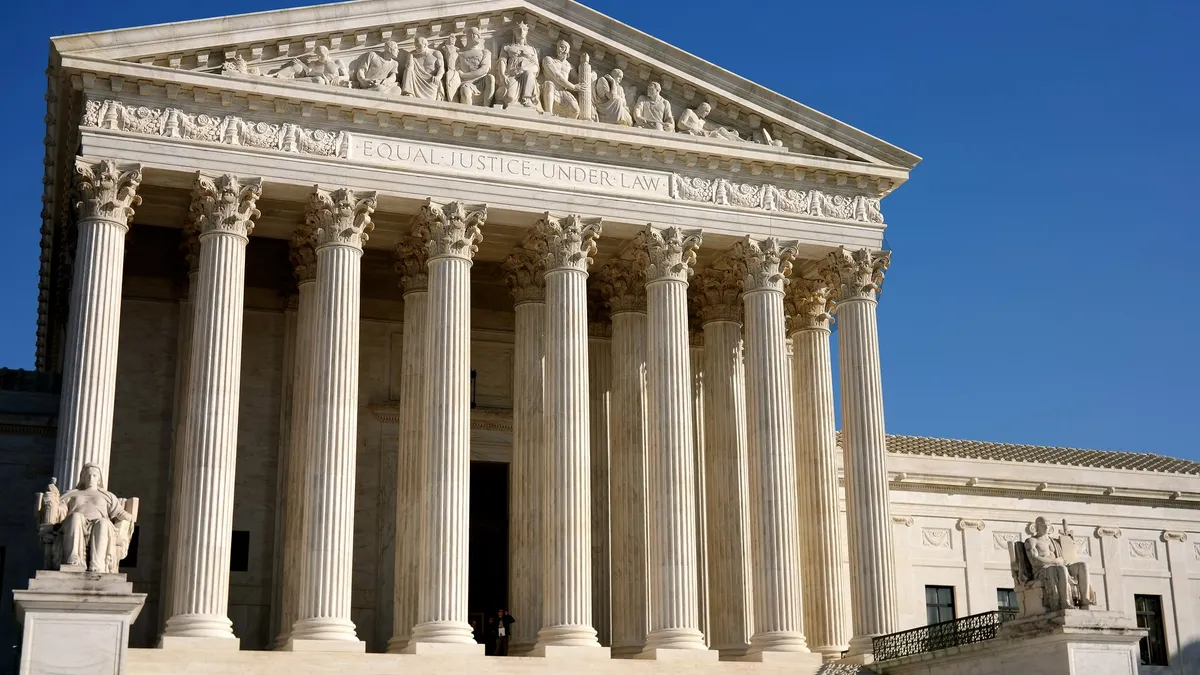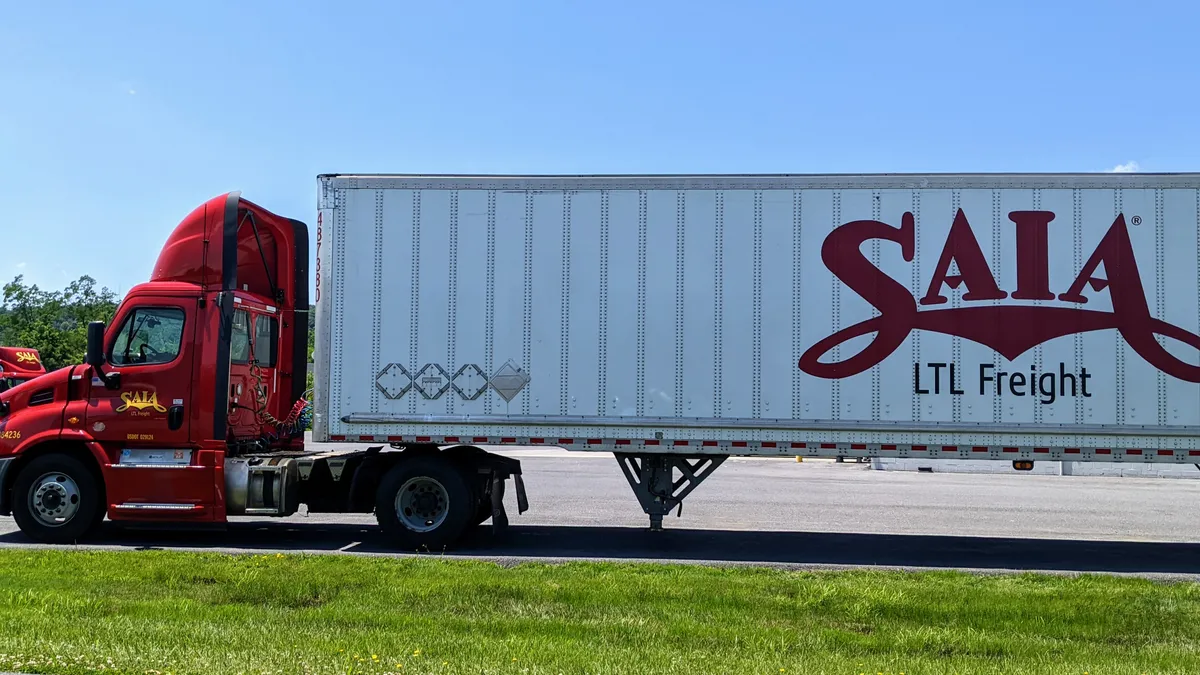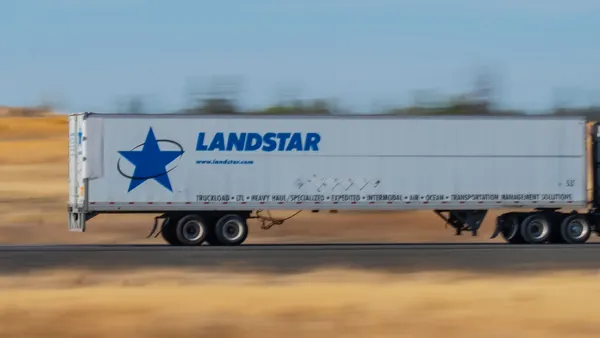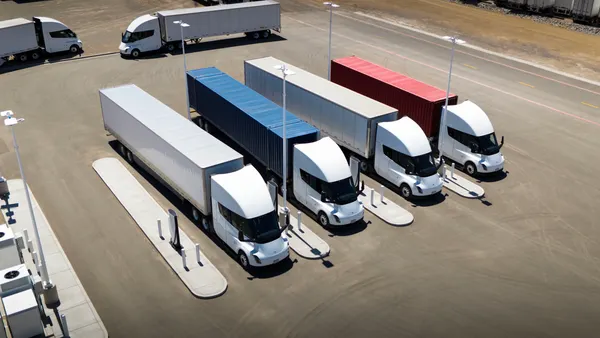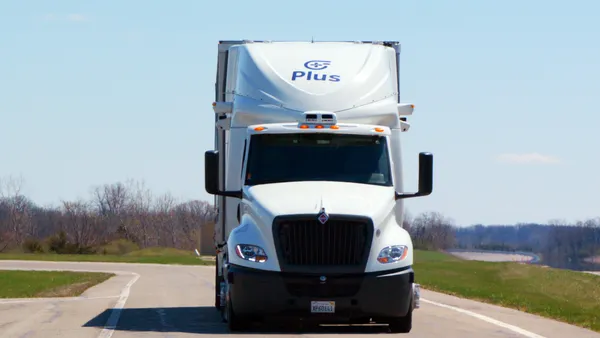C.H. Robinson has finally settled a yearslong court battle involving a dispute over broker responsibility.
The lawsuit, which involved claims of negligence following a tractor-trailer and vehicle collision, was first filed in federal court in 2017. Legal battles ensued, but after the U.S. Supreme Court denied review of the case in June, C.H. Robinson Worldwide settled with the motorist who filed the suit, Allen Miller, and the court closed the case in November.
Miller, a passing motorist, was paralyzed as a result of a crash in December 2016 with a truck, becoming a quadriplegic. The incident occurred during icy road conditions, after a tractor-trailer crossed the median and overturned, blocking all westbound lanes on a portion of Interstate 80 in Nevada, according to an amended complaint.
Miller’s case argued that the brokerage had a duty to select a competent contractor and alleged that C.H. Robinson knew or should have known about the carrier’s past safety violations. Meanwhile, C.H. Robinson lawyers sought to put the responsibility on two trucking businesses named as defendants in the case, among other arguments.
As the case unfolded, an attorney for Miller proposed a $27.3 million settlement in June 2018, stating the plaintiff would require about $545,000 a year for life care costs. "If we proceed to trial, I will ask a jury to return a verdict in excess of $100 million," attorney Michael Leizerman also wrote in the letter.
In November 2018, a U.S. district court ruled in favor of the brokerage, stating that federal preemption of the Federal Aviation and Administration Authorization Act applied. In trying to obtain that outcome, the company argued, “Congress expressly preempted States from enacting or enforcing laws relating to prices, routes, or services provided by, among other entities, brokers.”
But the 9th Circuit U.S. Court of Appeals found a safety exception to the federal law applied, reversing the district court's decision. Consequently, C.H. Robinson asked the U.S. Supreme Court to hear the case.
Then in front of a national audience, industry groups weighed in to support C.H. Robinson.
A brief from the National Association of Manufacturers, U.S. Chamber of Commerce and National Retail Federation said, among other issues, that brokers "have little or no ability to meaningfully improve the overall safety of the roads by selecting one trucking company over another. Imposing tort liability on brokers for their selection of a carrier is therefore unnecessary, unproductive, and ultimately unfair."
U.S. attorneys, including Solicitor General Elizabeth Prelogar, also filed a legal brief disputing C.H. Robinson's arguments, saying the appeals court correctly applied the safety exception.
Nonetheless, the Supreme Court denied review of the case against C.H. Robinson, thereby upholding the lower court's decision. But for some, the brief raised questions about how future cases may be litigated.
C.H. Robinson President and CEO Bob Biesterfield publicly pushed back against the U.S. government's brief, calling it a new position regarding broker and shipper liability and that FMCSA was abdicating responsibility.
"Federal agencies like FMCSA are far better suited than individual shippers and brokers to regulate national motor carrier operations safely and set a reasonable standard,” Biesterfeld said in the op-ed.
Rena Leizerman, the lead attorney for Miller in the Supreme Court petition response, told Transport Dive that the industry as a whole has been successful in evaluating carriers' safety records and its diligence in vetting carriers, but alleged some "negligent companies" lead to high-profile lawsuits, litigation and settlements.
"The great majority of brokers are not held responsible for crashes because they're not negligent. They do vet them," she said of brokers evaluating carriers. "The industry has been on board with their duty to exercise reasonable care. In fact, that's what they advertise."


